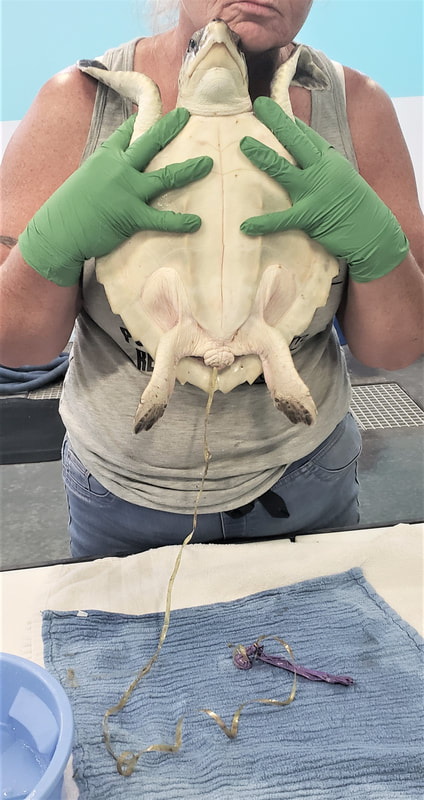 By Karen Sota It’s been a busy summer with patients of various sizes and species cycling through our hospital. Many of them have been incidental catches from coastal waters and depending on where, or how many hooks were involved they’ve been short-timers ready to go home after a few days of TLC and breakfast. When a small Kemp’s arrived from Oak Island with a hook in her mouth we thought, dang, another one. Our Director, Kathy Z., easily removed the hook, but “Limeapalooza” looked to be in a bit worse shape than the other turtles who had come and gone. She was on the thin side and dehydrated. She was given subcutaneous fluids and then housed in a tank with lower salinity containing more fresh water than we normally use for our turtles. The water with less salt would be absorbed through her skin and help restore her blood chemistry values to more typical levels. But even after she “plumped up” following hydration therapy she was still too skinny for us to feel comfortable about sending her home too quickly. Limeapalooza’s initial breakfast was a healthy portion of fish and squid, but typical of our Kemp’s she let us know very quickly that fish was “icky” and only squid was an acceptable menu item. They have a way of training us. So, squid it is, and she was eating like a champ. And after three days she had a surprise for us. This gal was enjoying her daily swim in the therapy pool when our staff noticed something trailing behind her, something purple. Her swim was rudely interrupted and when she was brought out for an exam it was obvious that all that squid had been effective in moving a balloon, with ribbon, through her tiny digestive tract. If ever our visitors who happened to be there that day wondered where ocean trash goes they got an up-close, very up-close answer. Limeapalooza had her butt exposed to the crowd while Kathy gently tugged to extract as much of this garbage as she could. When she encountered some resistance, the ribbon was cut and taped to Limeaplooza’s carapace to prevent what was coming next from getting tangled. Limeapalooza was served a second helping of squid rings and was moved to a larger tank where more activity would help the remainder of the ribbon pass through without problems. At the end (literally) the balloon and ribbon measured around thirty inches. In the ocean that balloon looked like her favorite food, so she ate it. It might be the reason she was underweight; she didn’t feel hungry because she had a gut full of trash. If it had not passed that little gal may have never eaten again and starved to death. Balloons might be pretty floating through the air. But they eventually land and can be deadly to wildlife. There are other ways to celebrate. 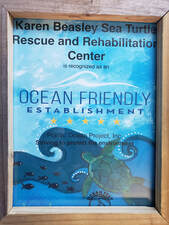 Our hospital has been officially awarded certification as an Ocean Friendly Establishment (OFE). OFEs commit to eco-conscience practices and must demonstrate at least one major way of reducing single-use plastics. We do not offer water and other beverages in plastic bottles and our drinking fountains dispense filtered water for refilling reusable containers. We long ago eliminated plastic bags and Styrofoam for gift shop purchases; we recycle everything that is allowable. Water in Sea Turtle Bay is cleaned and recirculated back to the tanks, and our hospital volunteers participate in beach clean-ups. Topsail Turtle Project volunteers consistently carry a bag to pick up beach trash during their morning walks. And we have a large display in our education hall showing ways that plastic affects all living creatures. We are proud to display our certification seal and encourage you to support the OFEs in our coastal communities. Visit https://www.oceanfriendlyest.com/ for a list of participants. We’re getting into cross-over season on the beach. The mamas are still arriving to nest but some of our earlier nests are getting close to hatching. We can’t tell you where or when it will happen. Those little critters come out when they’re good and ready and we don’t get advance notice. It’s a matter of luck to be there for a boil. If you spot a nesting mama, see hatchlings emerging, or see anything unusual such as an injured or stranded turtle please call our Director of Beach Operations, Terry Meyer at: 910-470-2880. If she is not available, you may call the hospital during operating hours: 910-329-0222 . We will take the information and we will send a trained volunteer to meet you to assess the situation. The State of NC hotline for stranded, sick, and injured turtles is 252-241-7367. The state number picks up 24/7. Please note that all our work with sea turtles, at the hospital and on the beach, is authorized by the NC Wildlife Resources Commission, ES Permit 22ST05.
Our public tour schedule through the month of July is Mon – Fri, Noon-4; Saturday, 10-2, and Sunday Noon-2. Tickets MUST be purchased in advance through the Visit page on our website. Select the date, time and the number of guests in your party and purchase your tickets. We limit the number of guests for each time to make the experience more enjoyable and safer as we still contend with Covid. Sorry, but we are not able to accommodate walk-ups for tours once we sell out for the day. Please note that if our surrounding counties experience an increase in Covid cases we may require masks for everyone over the age of three, no exceptions. Check the website for current masking requirements when buying your tickets. Please keep in mind that summer traffic can be very heavy, especially on the weekends so plan your arrival accordingly. If you are coming only to our gift shop (not for a tour) you can enter through the single door to the left of the main entrance.
0 Comments
By Karen Sota Our regular staff always looks forward to a bit of a break during the summer when our college interns arrive for their twelve week program. This year has them hopping, not only with turtle care, nesting activity and tours every day but also working with the kids from Sea Turtle Camp, based in Wilmington. This concept of an immersive program to learn about sea turtles was the creation and collaboration of Jen Civelli, a long-time hospital volunteer and our founder Jean Beasley. Students work alongside and under the supervision of our interns to learn what it takes to care for, rehabilitate, and release one of these magnificent creatures back to the sea. Campers learn to know the turtles by name and begin to recognize the distinct species and personalities exhibited by each turtle. Lots of hands-on with our patients, but also some classroom type of work. And this year our interns have cooked up something pretty stimulating for their two days with us. On the first day our interns use a plush turtle to introduce the stranding report. This intake form is completed by the individual responding to the stranding and the information is often supplemented when the turtle arrives at our facility. Information includes date and location of the strand, weight and measurements, species and any identifying tags or markings. Injuries and the general condition of the turtle is also noted. Using calipers and other tools of the trade the campers learn how to complete the form which becomes a permanent part of the patient’s file. A copy is forwarded to North Carolina Wildlife Resources Commission for aggregate date collection on North Carolina sea turtle activity. On day two the students are informed that we have received a call reporting a turtle stranding, and they are all going along for the recovery! They are loaded into our hospital van with the typical recovery items (tank, towels) and driven to…the front of our building. But wait, there is a stranded turtle out there. They need to get to him quickly because one, he’s all tangled up in fishing gear and may have swallowed a balloon, and two, it’s intern Michael in our furry mascot suit and he really does need rescuing. Like now. Students rush over to this poor critter, gently untangling him and hoisting him onto one of the transport carts we use at the hospital. The victim is wheeled into the hospital where the students complete the stranding report, noting all the required information. It looks like this turtle is basically in good shape and thankfully hasn’t been out in the sun too long. Last step is releasing turtle Michael (from his turtle suit) back into the wilds of our hospital. Pretty creative and engaging way to have kids learn about the rescue part of our work. We’re well into what just might be a great nesting season with 67 at this writing and almost two months to go. If you spot a nesting mama, or anything unusual such as an injured or stranded turtle please call our Director of Beach Operations, Terry Meyer at: 910-470-2880. If she is not available, you may call the hospital during operating hours: 910- 329-0222 . We will take the information and we will send a trained volunteer to meet you to assess the situation. The State of NC hotline for stranded, sick, and injured turtles is 252-241-7367. The state number picks up 24/7. Please note that all our work with sea turtles, at the hospital and on the beach, is authorized by the NC Wildlife Resources Commission, ES Permit 22ST05. Our public tour schedule through the month of July is Mon – Fri, Noon-4; Saturday,10-2, and Sunday Noon-2. Tickets MUST be purchased in advance through the Visit page on our website. Select the date, time and the number of guests in your party and purchase your tickets. We limit the number of guests for each time to make the experience more enjoyable. Sorry, but we are not able to accommodate walk-ups for tours once we sell out for the day. Please keep in mind that summer traffic can be very heavy, especially on the weekends so plan your arrival accordingly. If you are coming only to our gift shop (not for a tour) you can enter through the single door to the left of the main entrance. |
Archives
February 2024
Categories |
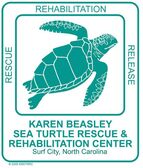
|
Quick Links |
Visiting Hours
THE TURTLES WELCOME YOU!
CLICK HERE FOR INFORMATION. ADMISSION (PLUS sales tax & fees): $7.00 General Admission (Ages 13-61) $6.00 Military (Active Duty and Veterans) $6.00 Seniors (Ages 62 and up) $5.00 Children (Ages 3-12) $0.00 Babies and Toddlers (Ages 0-2) (Babies are free but a ticket is still required to save their spot!) |
We are a 501(c)(3) Non-Profit Organization - POWERED BY VOLUNTEERS
EIN: 56-1967579
This conservation work for protected sea turtles at the Karen Beasley Sea Turtle Rescue and Rehabilitation Center and on Topsail Island is authorized by the North Carolina Wildlife Resources Commission, ES Permit 24ST05.
©
2024 Karen Beasley Sea Turtle Rescue & Rehabilitation Center
Powered by Volunteers!
Website Design by Loggerhead Designs
Powered by Volunteers!
Website Design by Loggerhead Designs

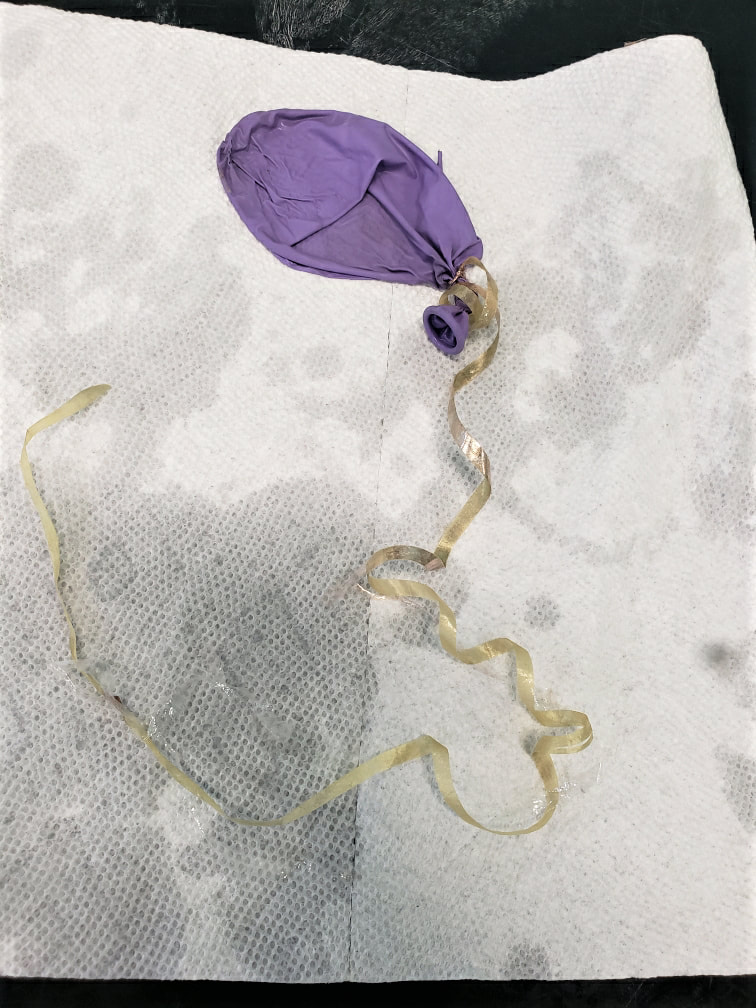
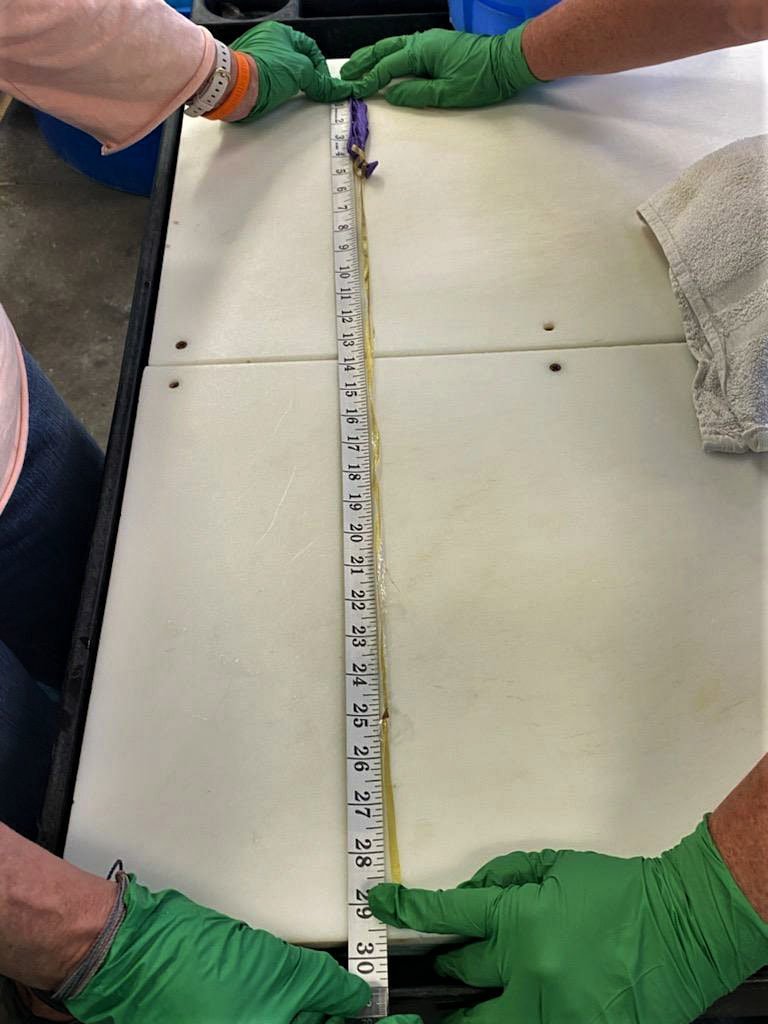
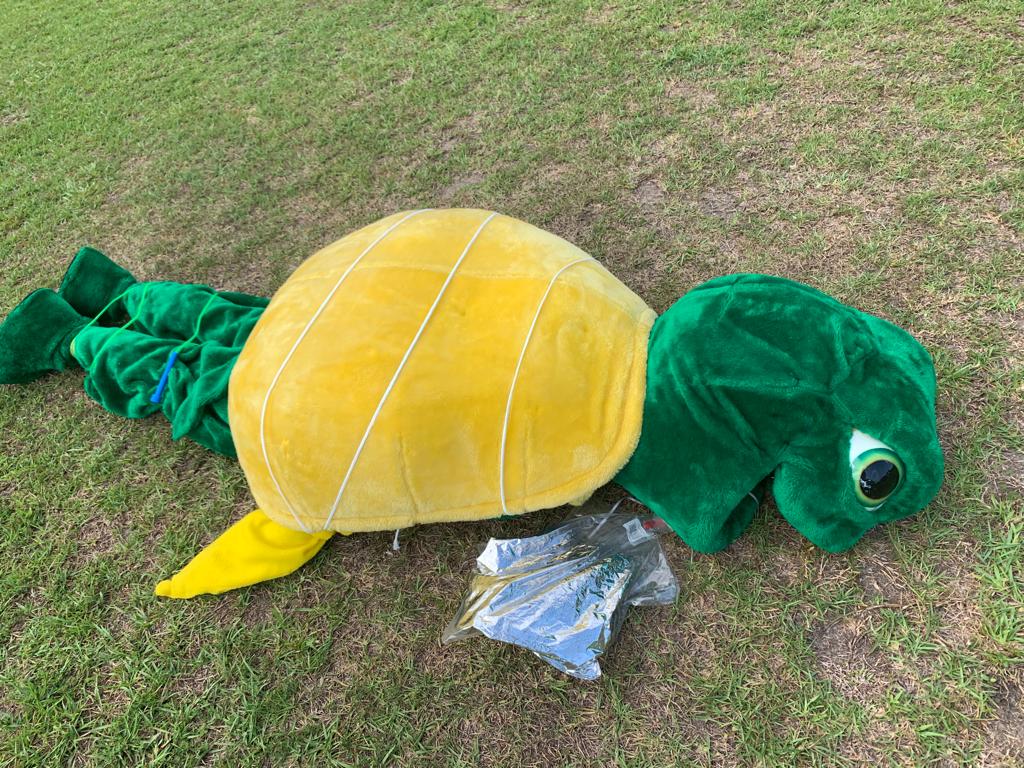
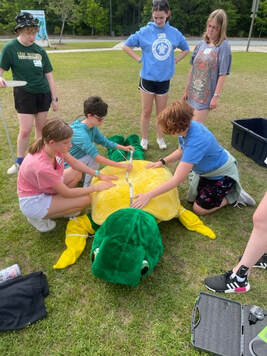
 RSS Feed
RSS Feed